Summary
- Andrea’s TV adaptation diverges significantly from the comic, alienating fans due to poor decisions & questionable alliances.
- The show intentionally made Andrea unpopular by shifting her character to contrast with her comic counterpart.
- Andrea’s romance with Dale in the comics was sensitive and meaningful, but the show turned it into an uneasy father-daughter relationship.
When adapting The Walking Dead from comic book panels to the small screen, showrunners made numerous changes to characters, plotlines, and relationships. Few characters, however, were altered as drastically as Andrea. In The Walking Dead comics, Andrea evolves into one of Rick Grimes’ closest allies, a dependable sharpshooter, and a compelling figure with a nuanced romance arc. She even becomes his lover. On television, her trajectory is almost unrecognizable, as she becomes one of the series’ most polarizing characters.
The Walking Dead‘s reinterpretation of Andrea diverges so profoundly that her TV counterpart loses much of what made her compelling in the comics. Between sidelining her skills, introducing conflicting relationships, and deliberately crafting her into an unpopular figure, Andrea’s story arc stands out as one of the most divisive in the series.

Related
The Walking Dead Creator Named One of Show’s Most Brutal Villains After School Bully
The Walking Dead creator has disclosed that he named one of the show’s worst villains after his high school bully.
The Walking Dead Comics Made Andrea More Likeable
In the comic books, Andrea is a cornerstone of the group’s survival and success. After losing her sister early on, Andrea’s development takes center stage as she becomes an expert sharpshooter and a trusted advisor to Rick. Her character exhibits resilience, emotional depth, and a clear moral compass, making her a fan favorite in the comics.
One of Andrea’s most defining traits in the comics is her unwavering loyalty to Rick’s group. She becomes Rick’s trusted confidant and a protector of the group’s future. Her courage under pressure and capacity to deliver in life-or-death situations solidifies her role as a key member of the survivors.
The show, however, deprives Andrea of many of these characteristics. Her comic book leadership, competence, and emotional strength are overshadowed in the series by a string of poor decisions, questionable alliances, and narrative choices that leave her feeling disconnected from the group. Where the comic version of Andrea grows into one of the story’s greatest assets, the TV version struggles to find her place, ultimately losing much of the respect that her original counterpart commands.
The Walking Dead Romance Would Never Have Made the Screen
One of the most unexpected aspects of Andrea’s comic storyline is her romantic relationship with Dale. While the pairing may seem unusual given their age difference, it is handled with sensitivity in the comics, developing into a tender and meaningful bond. Their romance serves as a rare source of comfort and hope amidst the series’ bleak and brutal world. For Andrea, Dale becomes a stabilizing presence, and their relationship underscores her emotional complexity.
The show takes an entirely different approach. Dale and Andrea’s dynamic is reduced to a father-daughter relationship, with Andrea rejecting Dale’s attempts to guide and protect her. Their bond feels uneasy and fraught, rather than warm or intimate. This reinterpretation reflects a clear decision by the showrunners to avoid the controversial nature of their comic romance.
While their relationship works well in the comic’s slower-paced, introspective format, it likely wouldn’t have resonated as effectively in a serialized TV format aimed at a broader audience. Instead, the show distances Andrea from any meaningful romantic partnerships until much later in the series, missing an opportunity to explore the layers of her character.
The Show Intentionally Made Her Unpopular
One of the most striking decisions in The Walking Dead TV series was how it portrayed Andrea as an unlikable and controversial figure. Her alliance with The Governor—a character designed to be Rick’s primary antagonist—alienates her from both the group and the audience. Her refusal to see through The Governor’s manipulations and her insistence on maintaining a neutral stance come across as naïve, if not outright dangerous.
The show’s portrayal of Andrea as indecisive and prone to error feels like a deliberate move to contrast her with the stronger, more capable version of her comic counterpart. Whether this was to heighten the tension of her storyline or to make other characters like Michonne and Carol stand out more, the result was a character arc that left many fans frustrated. By the time Andrea meets her tragic end, the show has done little to redeem her in the eyes of viewers.
This shift stands in stark opposition to her comic arc, where Andrea’s death is deeply mourned and marks a pivotal moment in the series. The TV series’ decision to portray Andrea as a divisive figure robbed the character of her potential to be a cornerstone of the group and a lasting symbol of hope and resilience.
Andrea’s TV adaptation is a prime example of how The Walking Dead altered its characters to suit a different medium. While some changes to the storyline are understandable, Andrea’s transformation from a strong, resourceful leader in the comics to an unpopular and often frustrating figure on screen is one of the show’s most puzzling creative choices. By stripping away much of what made her compelling, the show deprived audiences of a character who could have been a true standout in the apocalyptic world.

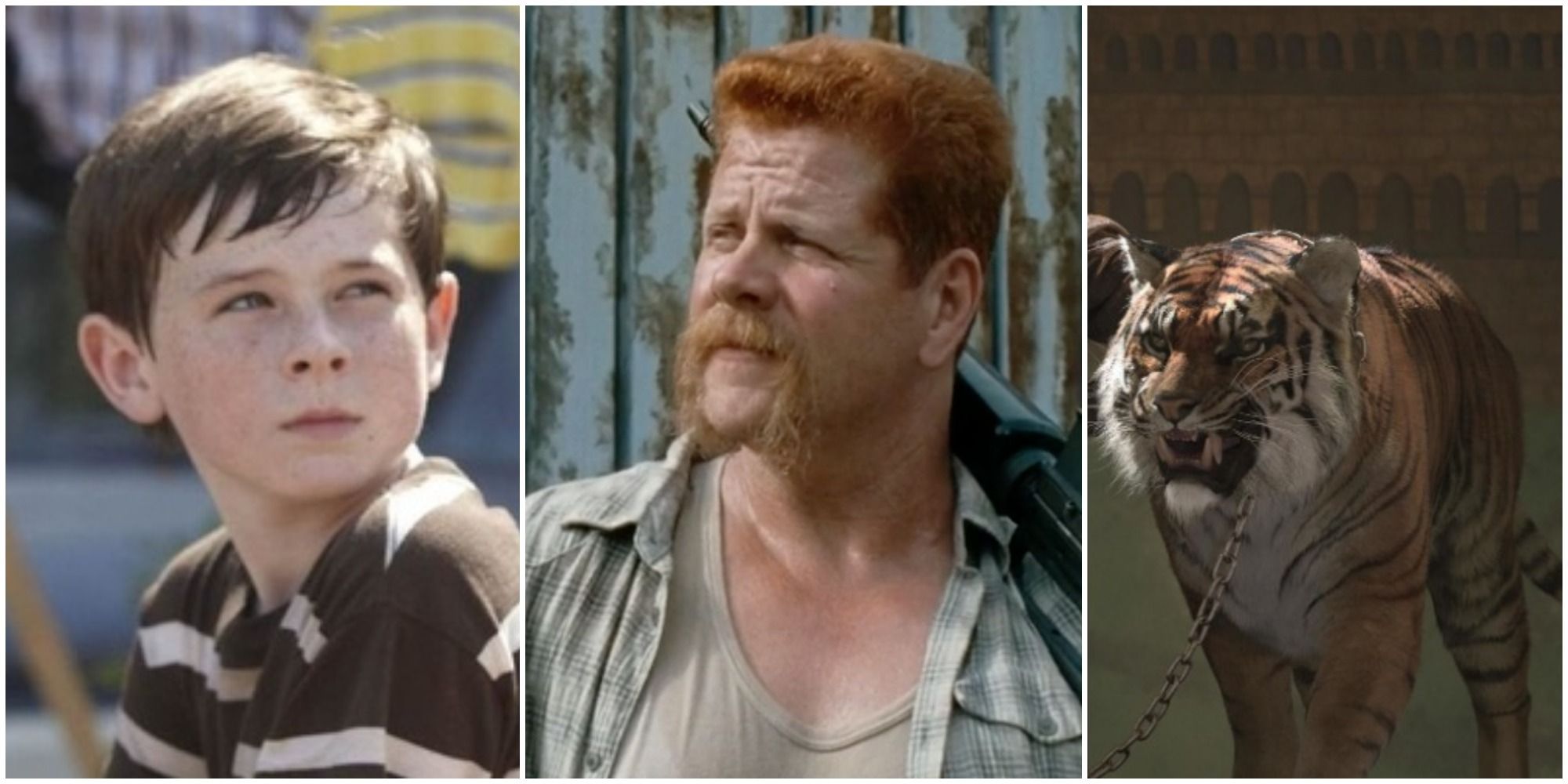
More
The Walking Dead: 11 Saddest Deaths In The Series, Ranked
The Walking Dead and its cast of characters are no strangers to tragedy; any have died along the way, but some deaths were much sadder than others.
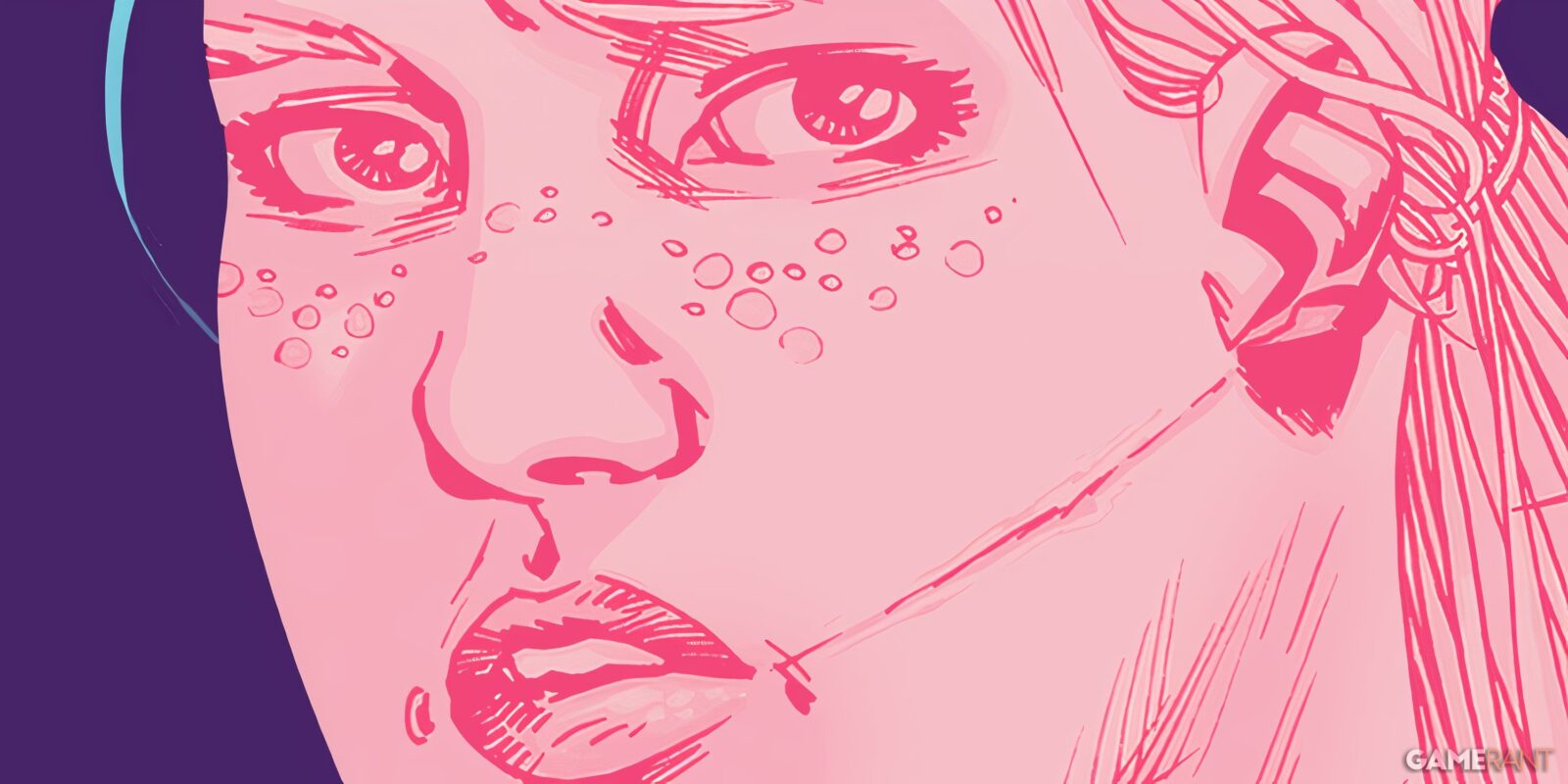

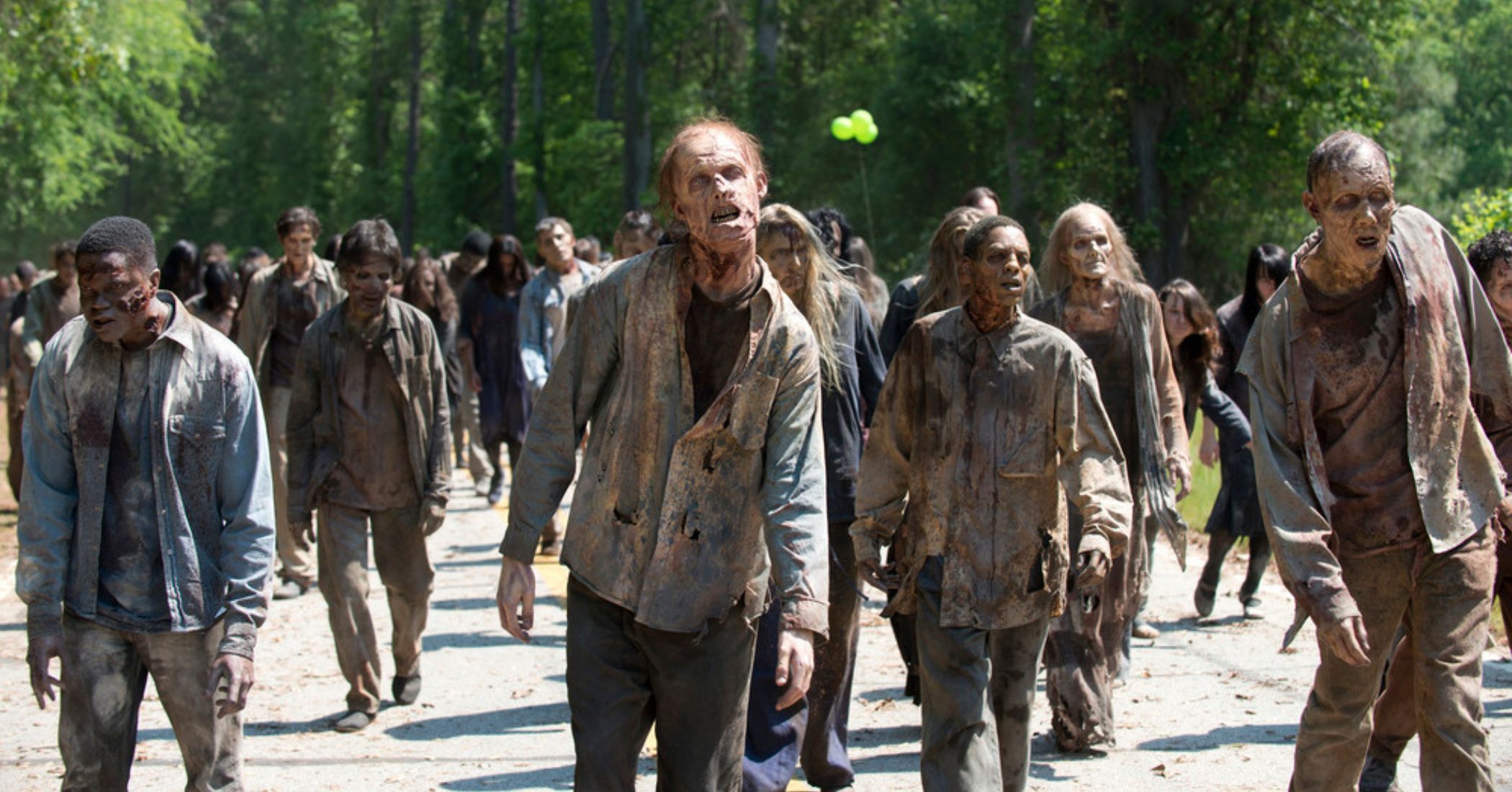
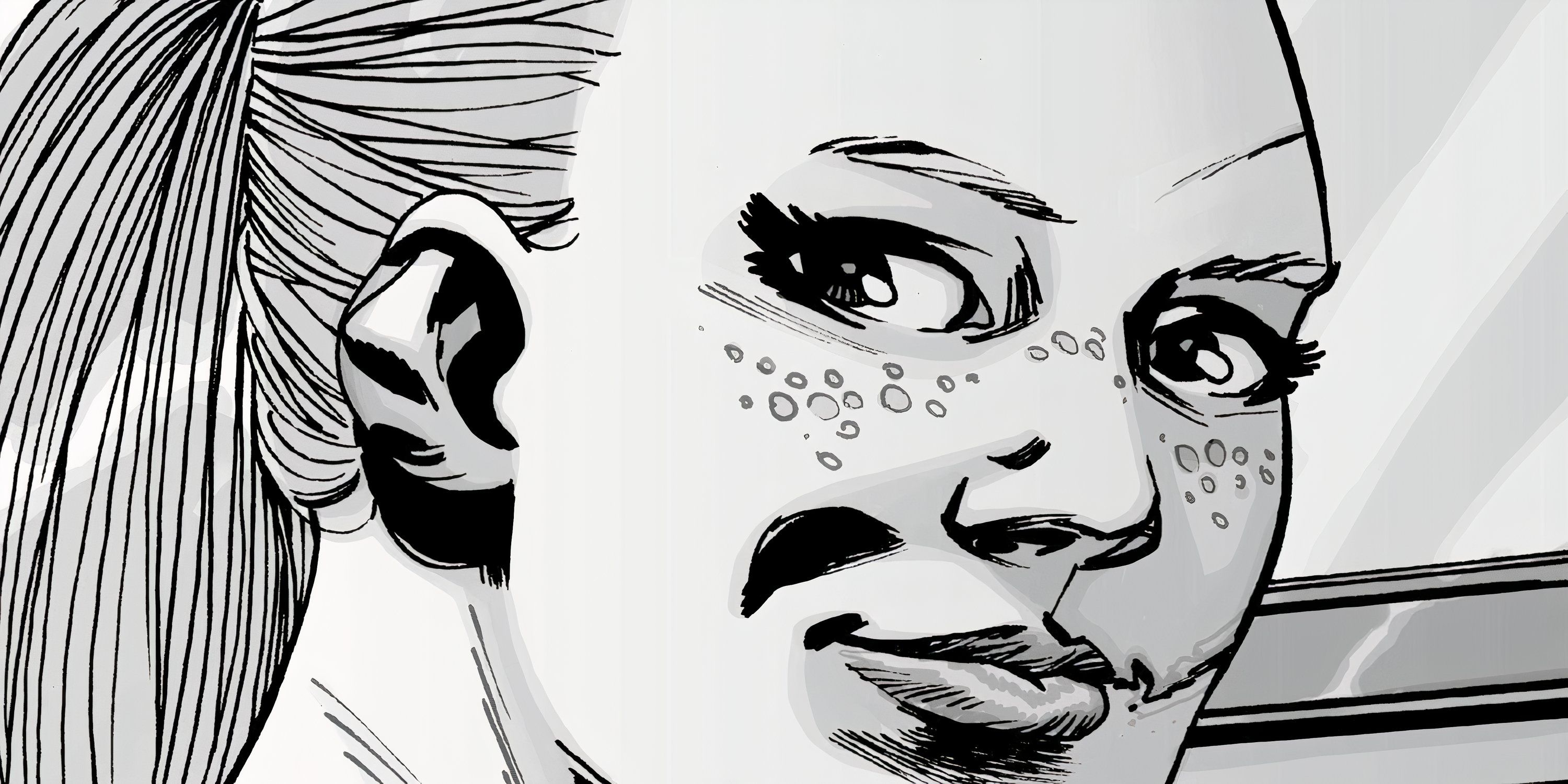


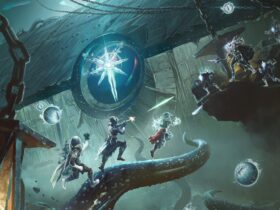




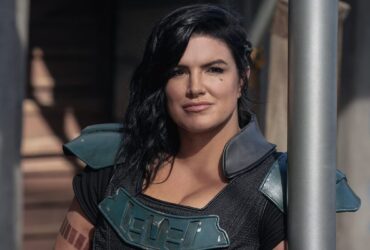

Leave a Reply